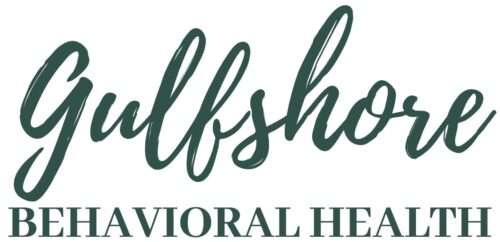We pride ourselves in providing neurodiversity-affirming autism evaluations. The neurodiversity lens looks at an autistic individual as one with differences and not defects. We embrace autism as an identity and not as a pathology and believe that autism is not a problem to be cured or solved and that neurodiversity is a part of human diversity. Autistic individuals present with unique strengths, needs, and challenges; they are often misunderstood, marginalized, and discriminated against. We are here to understand autistic culture, not change it. We aim to provide interventions based on natural developmental processes that promote healthy coping strategies, autonomy, advocacy, and well-being. We respect the goals our patients have for themselves, while maintaining their individual identity. Regardless of diagnosis or previous experience, we are committed to our patients and their growth. We utilize a client-centered approach, guided by your personal goals and desires vs. societal and establishment expectations of how one should (or should not) be. We proudly support The Autistic Self-Advocacy Network (ASAN) (https://autisticadvocacy.org) and regularly donate and stay up-to-date on their autism-acceptance resources.
If you are interested in a comprehensive Autism Spectrum Disorder (ASD) assessment, diagnosis, and/or treatment through a neurodiversity-affirming lens, either for yourself or your child, we have providers well-versed in various developmental disabilities and have specialty-focused clinical training in autism.
All of our psychologists have been formally trained to administer, score, and interpret the most widely-used standardized assessment to diagnose ASD: The Autism Diagnostic Observation Schedule (ADOS). The ADOS-2 is a semi-structured assessment of communication, social interaction, and play (or imaginative use of materials) for individuals suspected of having ASD or other pervasive developmental disorders and provides a score used to assess the likelihood of the individual having a diagnosis consistent with autism. The ADOS can be administered as a stand-alone measure (if a referral is made by a qualified professional (e.g., pediatrician, neurologist, etc.), or as a component of a comprehensive neurodevelopmental assessment battery.
We also utilize the the Monteiro Interview Guidelines for Diagnosing the Autism Spectrum (MIGDAS-2), which is an efficient method of systematically gathering and organizing the information needed to diagnose autism in children, adolescents, and adults using a neurodiversity-affirming lens.
